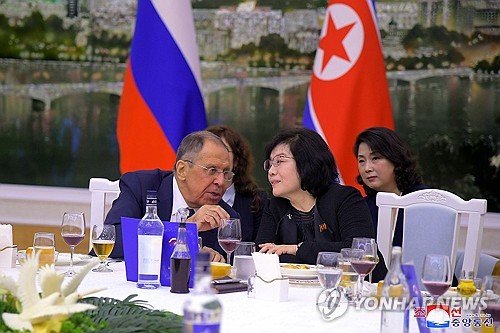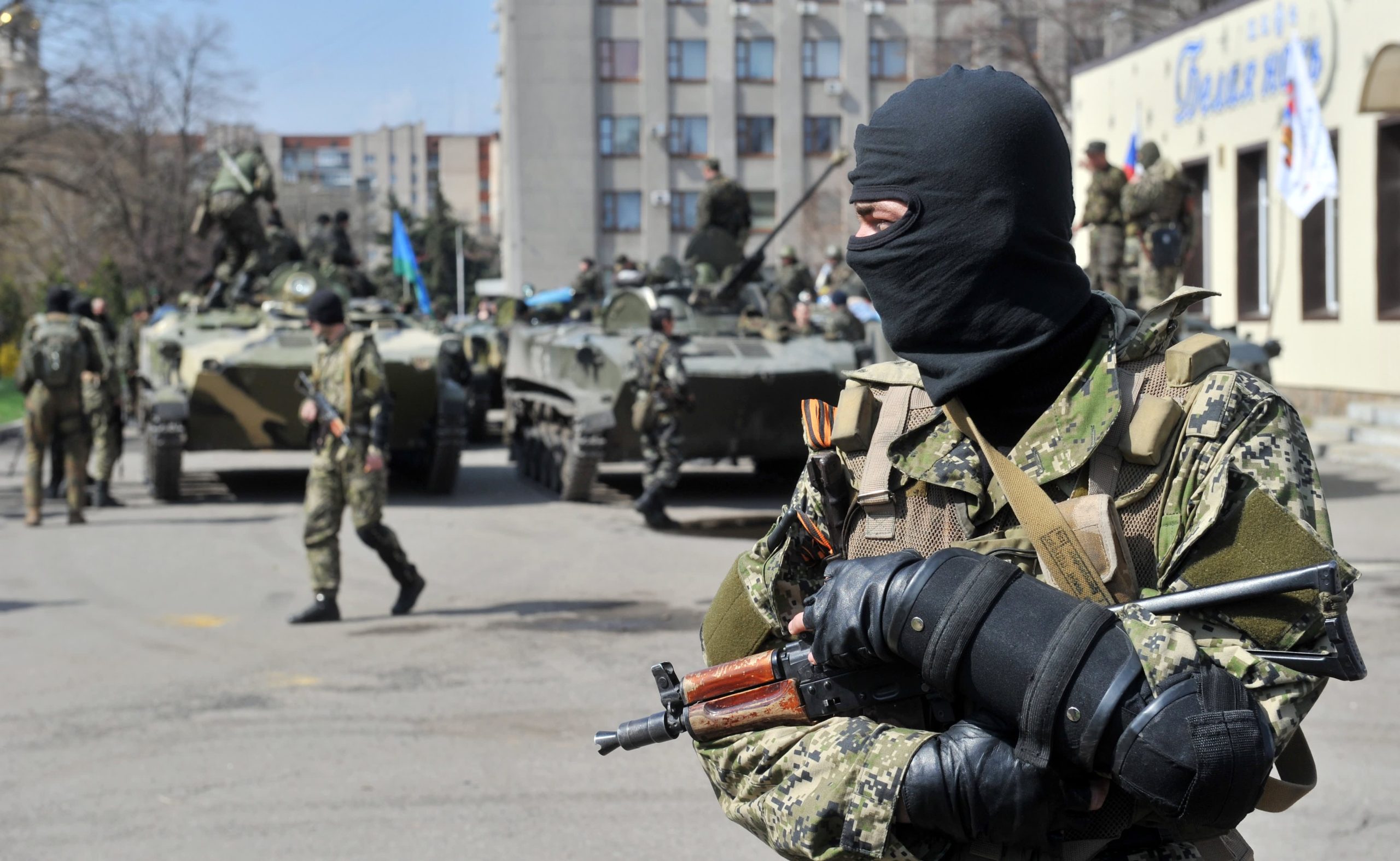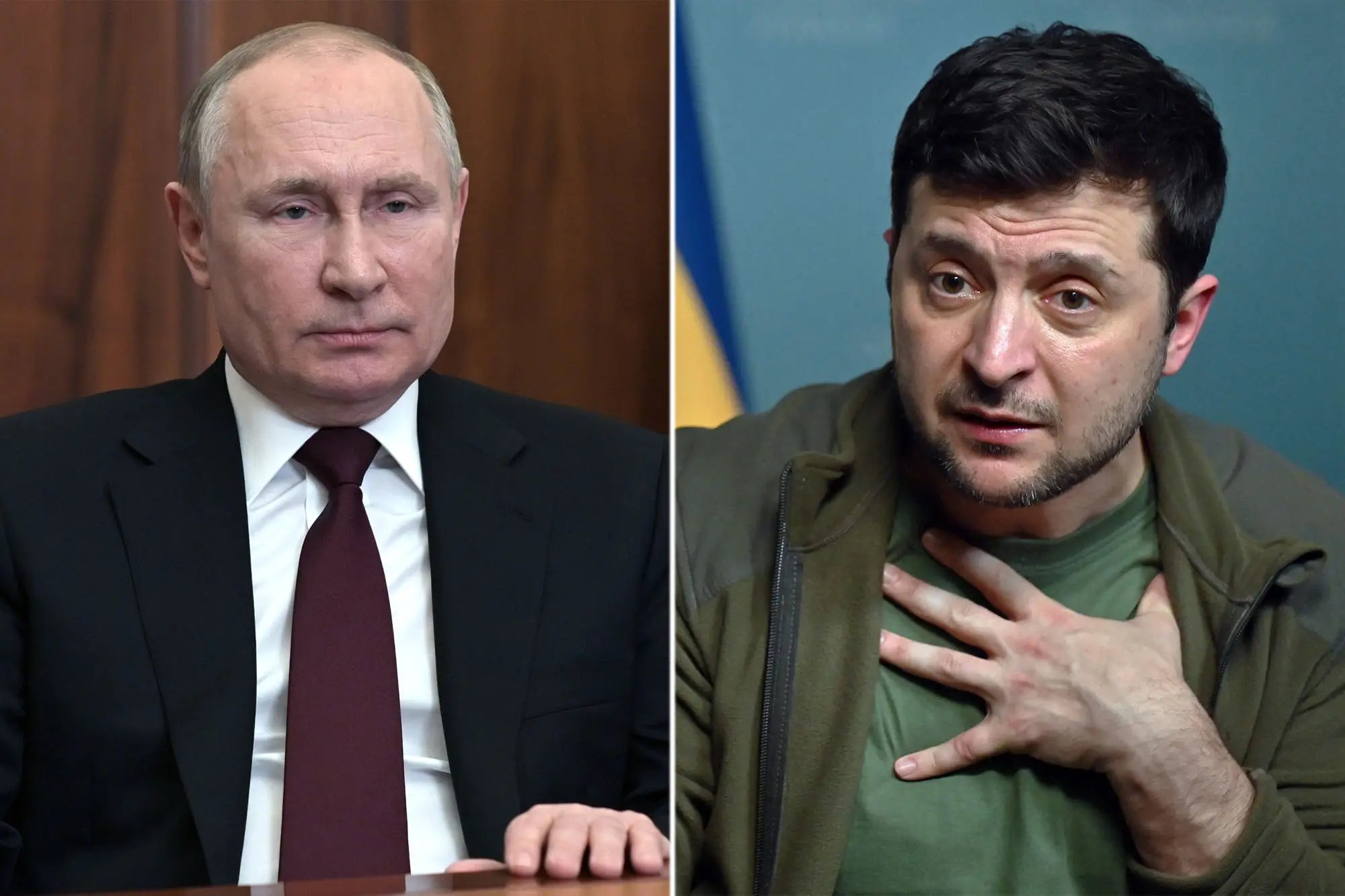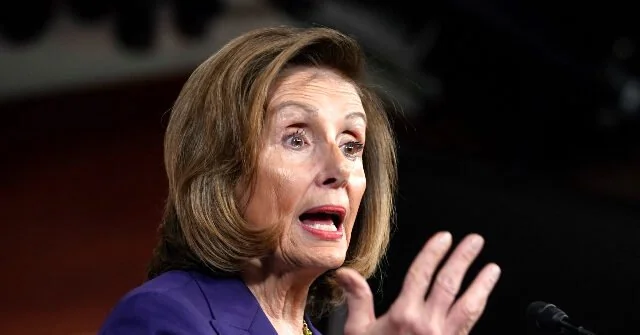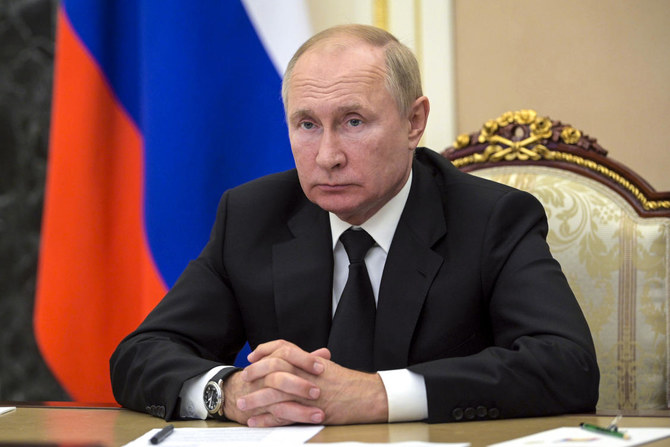Amidst heightened tensions the United States expresses growing unease over the deepening collaboration between North Korea and Russia, as North Korean Foreign Minister Choe Son-hui prepares for a significant visit to Moscow this week. The State Department emphasizes the potential threat to peace and stability on the Korean Peninsula and raises alarms about the impact on the global nonproliferation regime. The diplomatic engagement comes against a backdrop of accusations regarding arms transfers between North Korea and Russia alleged violations of U.N. Security Council resolutions, and suspicions of their involvement in the conflict in Ukraine.
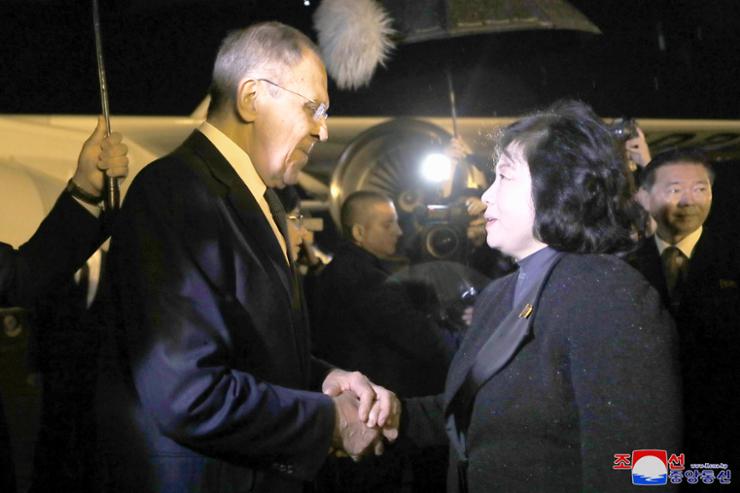
Alleged Arms Transfers and Violations
The White House recently disclosed North Korea’s provision of ballistic missiles to Russia, some of which were reportedly used in the conflict in Ukraine. This revelation adds to the concerns of the international community regarding the possible infringement of U.N. resolutions by both nations.
In October, the White House uncovered a substantial delivery of over 1,000 containers of military equipment and munitions from North Korea to Russia raising questions about the nature of the transaction and its potential impact on the ongoing crisis in Ukraine.
READ ALSO: Russian Court Detains US Journalist Alsu Kurmasheva on “Foreign Agent” Charges
Summit Speculations and Emerging Alliances
The timing of North Korean leader Kim Jong-un‘s summit with Russian President Vladimir Putin in September, held at a Russian spaceport, adds intrigue to the growing apprehension. Speculations abound regarding whether the summit catalyzed an arms deal contributing to the escalating concerns over the emerging alliance between the two nations.
Against the backdrop of these developments, the visit of North Korean Foreign Minister Choe Son-hui to Russia takes center stageprompting the international community to closely monitor the trajectory of this deepening cooperation and its potential ramifications for regional and global stability.
